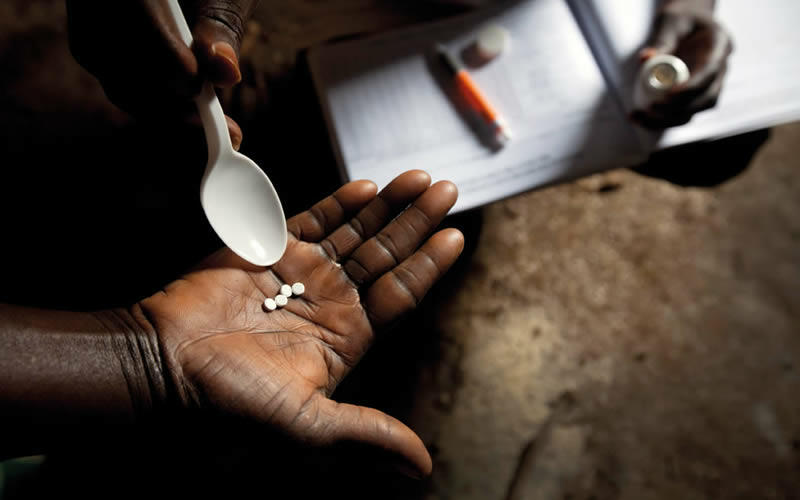
The Research Centre for Drugs and Diagnostics is based in the Parasitology Department. Joint initiatives have sprung from this venture including the evaluation of Epistem’s Genedrive in Nigeria and South Africa and funding secured from MRC Confidence in Concept and Epistem to further develop novel cartridges for HIV and malaria.
Professor Steve Ward heads another new initiative: The Liverpool-Guangdong Drug Discovery Consortium, in collaboration with University of Liverpool and Guangdong University of Technology (GDUT), China. The consortium is focussed on the development of new drug therapies for the treatment of tuberculosis (TB), malaria, Neglected Tropical Diseases (NTDs) and other infectious diseases. The collaboration will not only bring results in terms of research, but will also provide some of the students involved from GDUT the opportunity to study in Liverpool.
A team led by Professor Giancarlo Biagini secured a Wellcome Trust’s Biomedical Resource & Multi-User Equipment £0.6 million award for a flow cytometry/sorting and cell imaging platform for the analysis of Hazard Group 3 pathogens (e.g. TB, malaria, HIV, Dengue). The HG3-imaging facility, set in one of LSTM’s 22 HG3-containment laboratories, will be the first dedicated facility of its type in the North West and will further expand LSTM’s technology platforms for drug discovery and fundamental biological research.
Funded by a Bill and Melinda Gates Foundation Grand Challenges Exploration grant, Dr Joe Turner and Professor Mark Taylor, in collaboration with Professor Samuel Wanji's laboratory in Cameroon, have developed a macrofilaricide drug screen for onchocerciasis. The model has been validated as a scalable pre-clinical system to test novel drug cures against onchocerciasis. The team has secured phase II funding of $1million to continue to refine the model and extend the approach to provide a complementary model for loiasis.
A team led by Professor Richard Pleass is developing an oligomeric Fc platforms for delivery of new vaccines and drugs.
